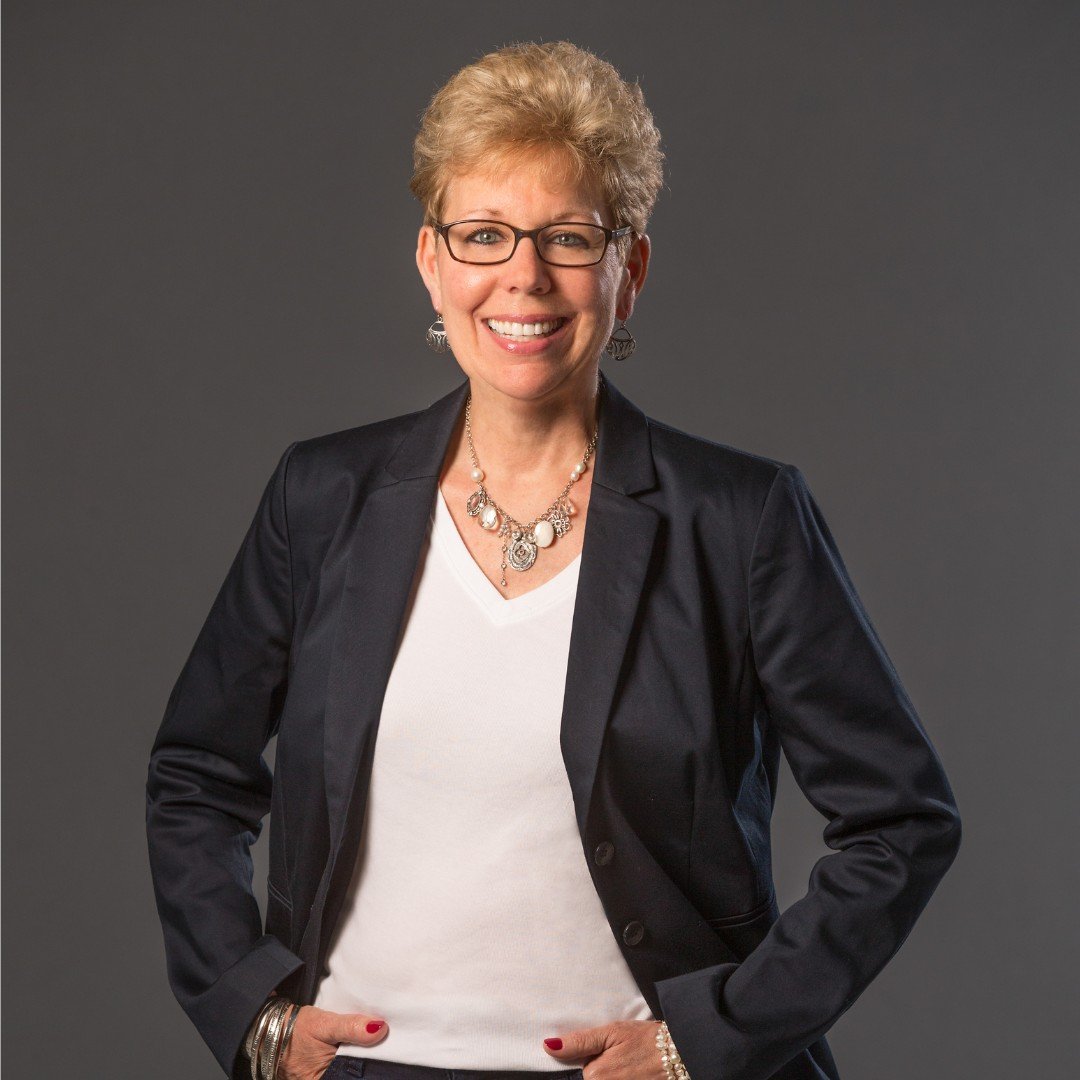November is National Family Caregivers Month - a month to honor, support, and empower unpaid family caregivers. Local Northeast Ohio nonprofit, Courage to Caregivers, serves caregivers nationwide. Its mission ls to provide hope, support and courage to caregivers, family members, and loved ones of those living with mental illness.
Courage to Caregiver Founder and Executive Director Kristi Homer began the organization in 2017, after a very personaI crisis in her own family. Her younger brother had experienced suicidal ideation in 2010. To care for him, she and her sisters became his primary mental and emotional caregivers for the next four years - all while living miles apart. Tragically, in 2014, her brother lost his battle with mental illness to suicide.
After sharing her story at multiple speaking engagements, she was approached with feedback like, "I have a friend who needs the services you have described"
or "there is a real need to establish a community like you have envisioned" or "I wish I had the resources you mentioned."
As a social entrepreneur, she listened to these caregivers' stories for years and then decided to take action and create the nonprofit to care for others who've been in sim.ilar situations. The organization has developed three distinct services to help: onNo-one. caregiver peer sup. port, breathing meditation, and a support group.
The programs are all accessible via Zoom and are free to participants - a substantial economical benefit a the average out-of-pocket expenses for unpaid family caregivers averages $17,000.
There are an estimated 53 million caregivers nationwide. Approximately 75% of those who participate in Courage to Caregivers services reside with the family member living with mental illness. These individuals have been diagnosed with schizophrenia, Alzheimer's and dementia, anxiety, autism, bipolar disorder, eating disorders, PTSD from abuse and trauma, OCD, schizo-affective disorder, personality disorders, and more.
Homer believes that the health and well-being of caregivers should be, "the best of us instead of what's left of us. We are in the caregiver burnout prevent.ion business."
While Homer acknowledges that younger generations are more comfortable discussing mental health challenges, she claims Generation X is still not openly discussing suicide. "We're still not there yet," says Homer, "but Courage to Caregivers aspires to do more to eliminate the taboos associated with mental illness."
Caregivers accomplish difficult things every day, and it takes courage to reach out. and ask for support. That's why Courage to Caregivers remains committed lo supporting and empowering caregivers in their journey of providing care to those they love. For more information on its services, visit couragetocaregivers.org
By the numbers
53 million, equivalent to 19 percent or 1 in 5, Americans provide unpaid care to an adult or child (up 3 percent in the last 5 years.)
14.3 million Americans are caring for someone living with emotional and mental health issues (up 6 percent since 2015).
Half of caregivers say it is difficult to talk to other about their loved one's mental or emotional health issues (48 percent), pointing to the ongoing stigma that surrounds mental illness and, by extension, the unpaid caregiver. About half of mental health caregivers report feeling alone and 63 percent say they have les time for themselves than they would like, due to caregiving. This combination of stigma and isolation has implications on the caregiver's well-being: 74 percent report feel.ing high emotional stress. About four in ten say they find it difficult to take care of their own health. Half report that caregiving has made their health worse.
Check out the November 2022 Currents Magazine article here.
Read More




















